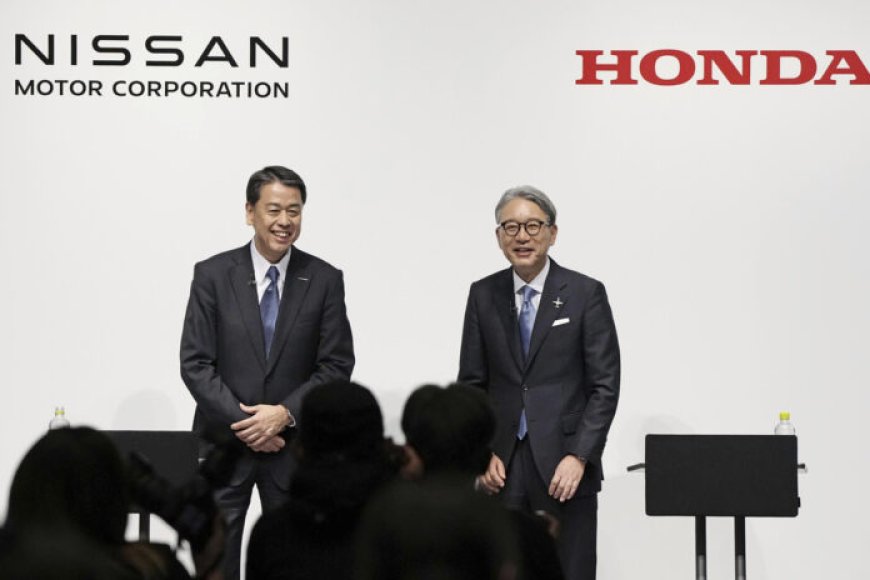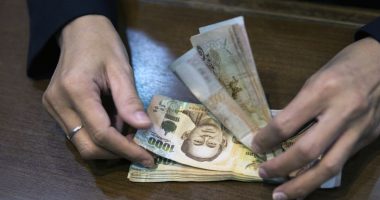the Japanese automakers are thinking about working together on software development and EV components
NISSAN AND HONDA START EV TIE-UP TALKS AMID TESLA AND BYD COMPETITIONS
TOKYO—In an effort to reduce costs and boost competitiveness in the face of formidable foreign rivals like China’s BYD Co. and Tesla Inc., Nissan Motor Co. and Honda Motor Co. announced on Friday that they had decided to begin a feasibility study for a strategic partnership in the production of electric vehicles and software technologies.
According to them, the Japanese automakers are thinking about working together on software development and EV components, such as electric drive systems, in addition to enhancing their individual product lineups.
The move comes as competition in the global EV market has intensified worldwide. With the change of tide progressing at a fast clip, automakers worldwide are faced with ever-increasing costs for developing vehicles equipped with expensive batteries and sophisticated features such as autonomous driving.
“Working on electrification and intelligence is an extremely tough task to do alone,” Nissan President Makoto Uchida said at a press conference. “By combining respective know-how, we will be able to create new values.”
Honda President Toshihiro Mibe said at the conference, “We can no longer fight in the existing framework in the face of the rapid change in the industry,” adding that economies of scale are extremely important to be competitive in the area of EVs.
Nissan, considered one of the pioneers in the EV market with the launch of the Leaf compact car in 2010, has been widely seen as failing to maintain a strong presence in the segment due to the meteoric rise of newer players such as Tesla and BYD.
The potential partnership with Honda could mean a shift in Nissan’s current EV strategy, which is focused on its alliance with Renault SA of France and Mitsubishi Motors Corp.
The tie-up talks follow Renault’s decision in January to call off the plan to list its new EV venture Ampere, in which Nissan expressed its intent to invest last year in a bid to widen its EV line-up.
Nissan’s Uchida said its partnership with Renault and Mitsubishi Motors has not changed, while adding that if the tie-up with Honda proves beneficial, there is a possibility of expanding the collaboration to other alliance partners.
Honda, which had traditionally preferred to develop cars in-house, has been ramping up EV collaboration with other companies, such as Sony Group Corp. and General Motors Co., in recent years.
“Moves by newer players are extremely powerful and agile. If we cannot respond to the change, we will be wiped out,” Honda’s Mibe said. “We have changed our mindset.”
Nissan and Honda are not considering a capital tie-up at the moment, their presidents said.
The potential collaboration will likely help them meet their electrification goals set for the coming years.
Nissan plans to increase the number of electrified models to 27 by fiscal 2030 while also aiming to put into practical use all-solid state batteries, a next-generation technology expected to significantly boost the range of EVs, by fiscal 2028
Honda has said it will make all its new models either EVs or fuel-cell vehicles by 2040 in a major shift away from gasoline-powered cars, its traditional revenue source.









